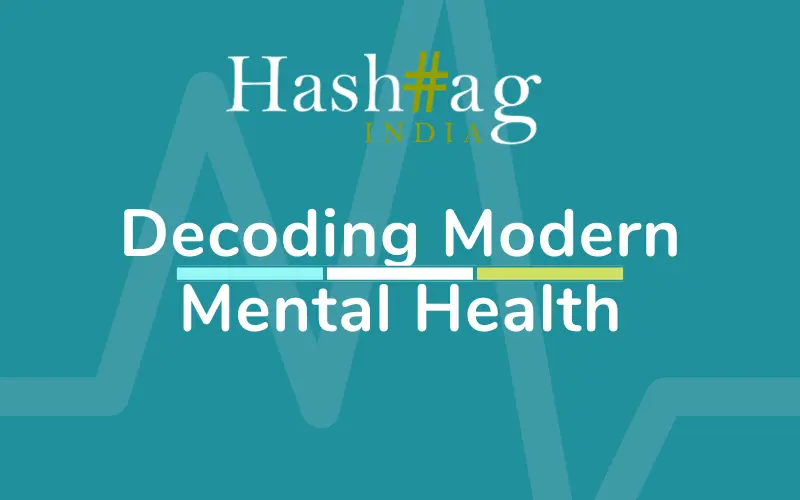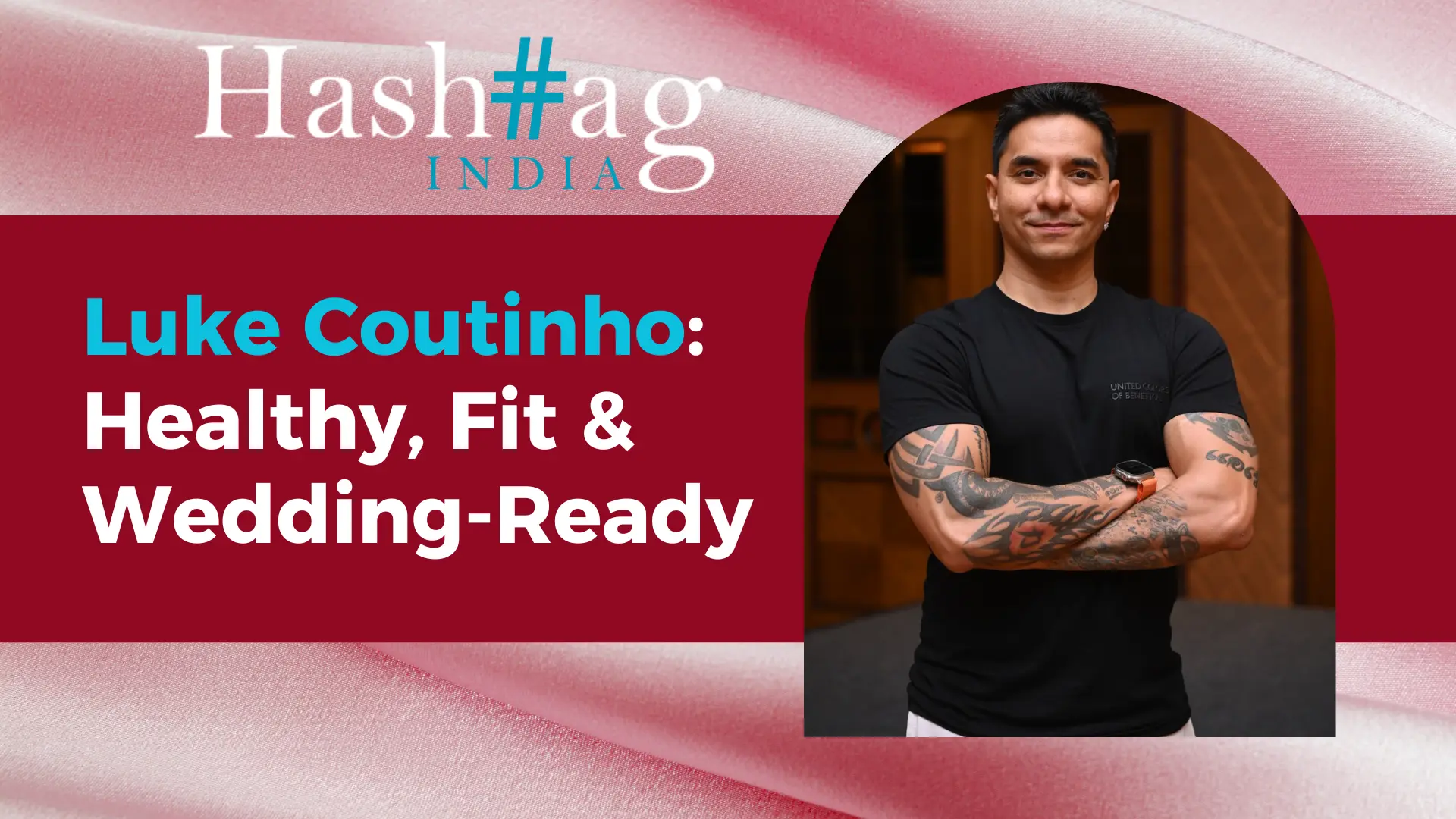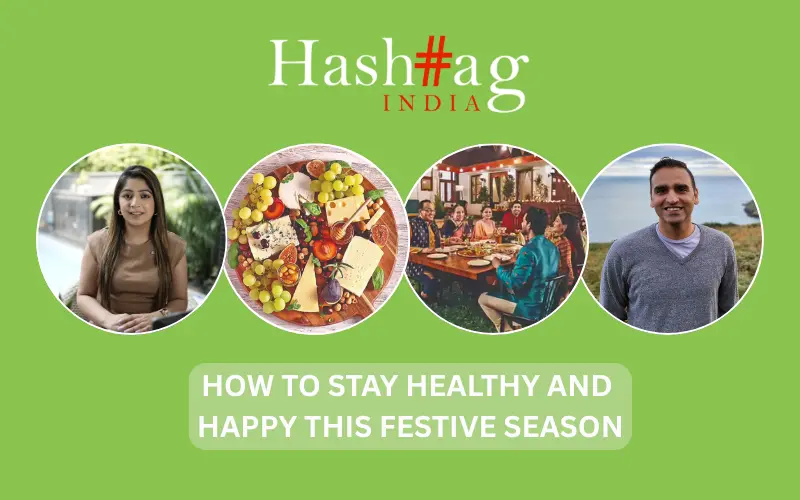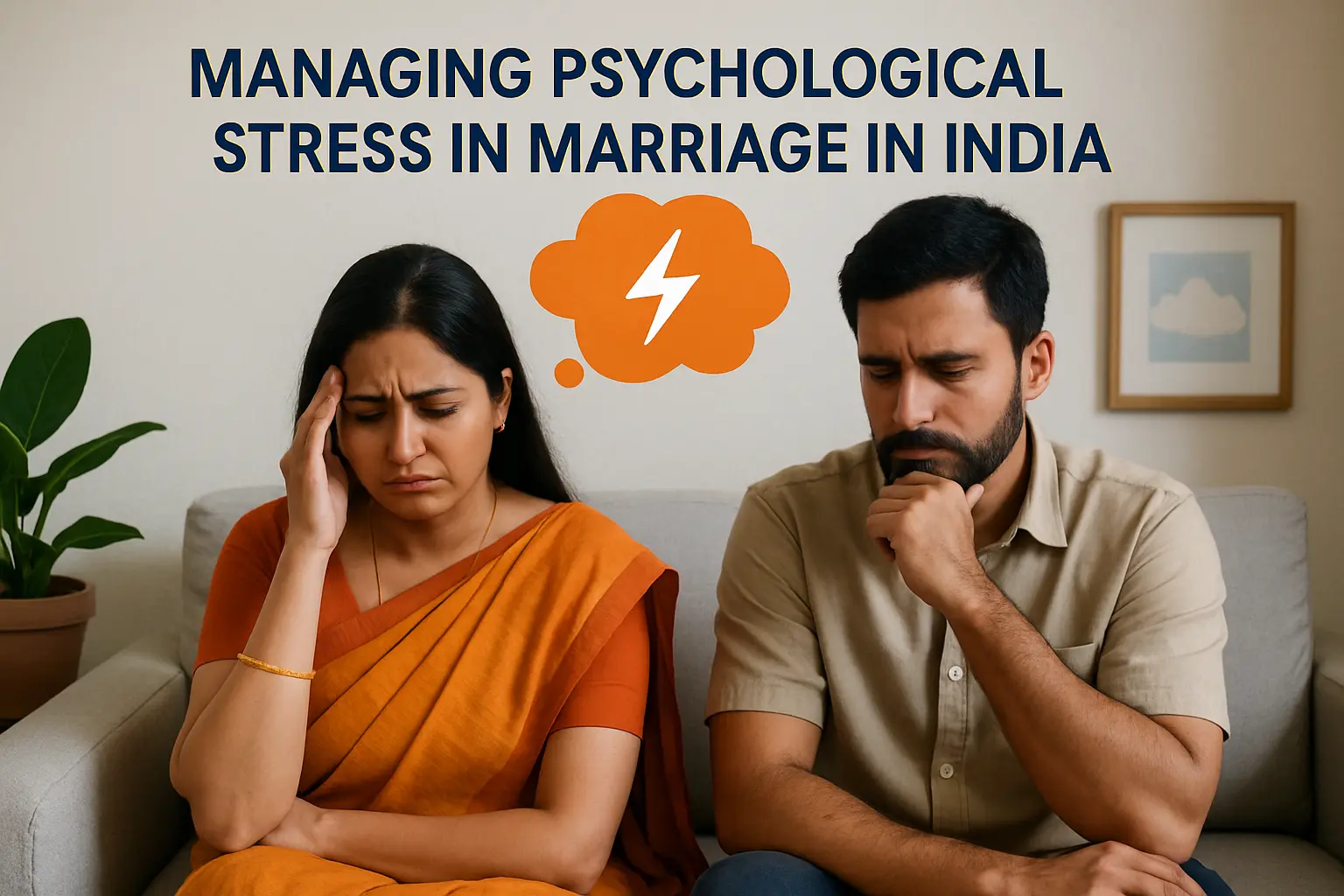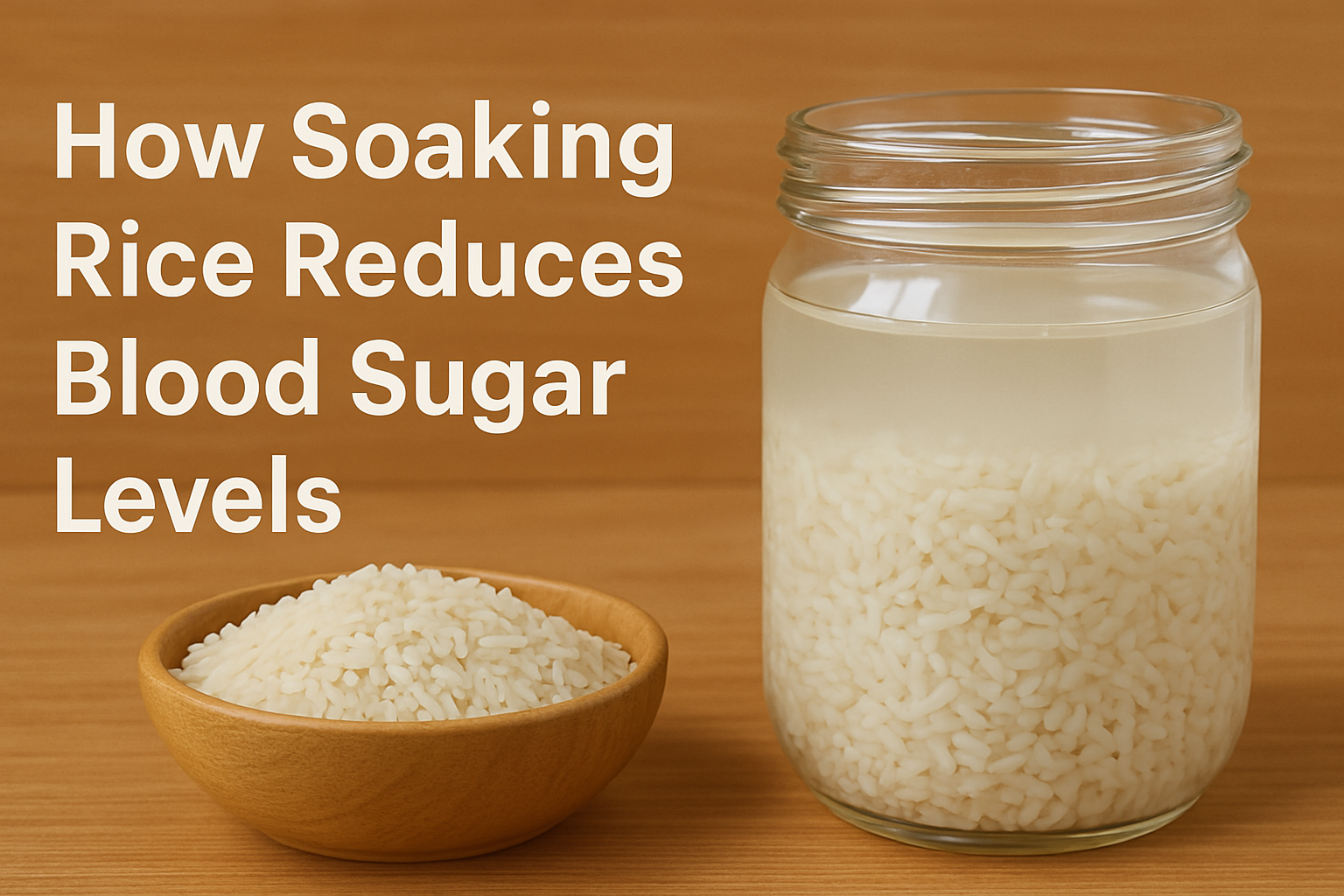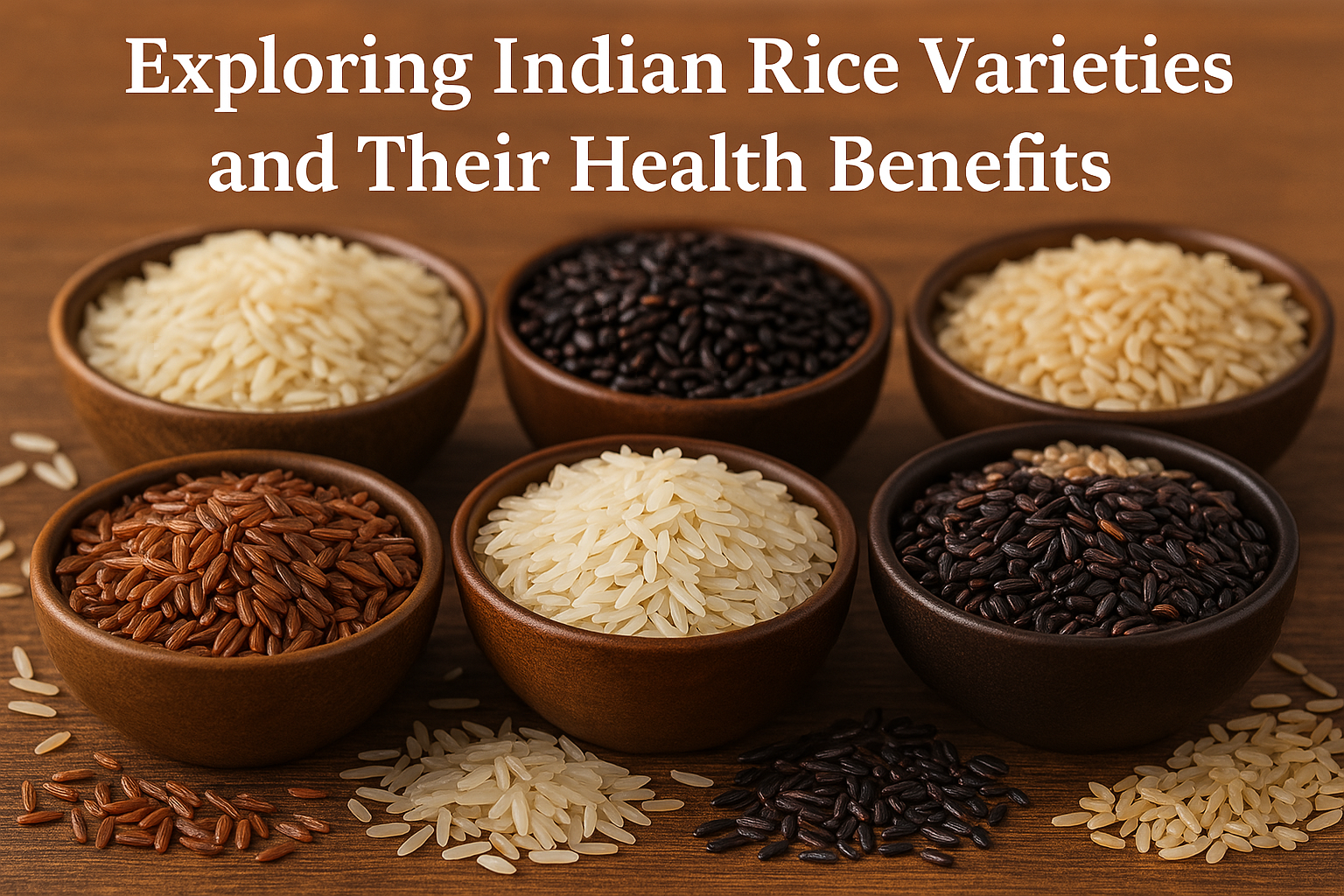The Covid-19 pandemic and the subsequent lockdown has increased the risk of prenatal anxiety and depression. In times that have already left all and sundry stressed, new parents, or parents-to-be have been suffering from extreme unease and uncertainty over the future and health of their kids and overall health. Dr. Shobha Gupta, Medical Director at Mother’s Lap IVF Centre discusses the discomforts and solutions couples can work towards with Hashtag India
With the burden of insecurities and anxieties that the Covid-19 pandemic has unleashed on young parents, it is important to strengthen the support for women and to reduce their fear and anxiety. The current, hopeful assessments of the new coronavirus are based in large part on a study published online in June in The Lancet of nine pregnant women in their third trimester in Wuhan, China, who had pneumonia caused by COVID-19. None of the women developed severe illness, and all of their babies were born healthy. The risk of passing the infection to the fetus appears to be significantly low, and there is no evidence of any fetal malformations or effects due to maternal infection with COVID-19.

Pregnant women are more vulnerable to infection with COVID-19 compared to the general population, based on the incidences of corona-affected patients in China and knowledge of viruses that cause severe respiratory illness. But the anxiety that has built up around the pandemic is getting worse day by day. Smriti Arora (name changed) a 33-year-old who is full-term pregnant via IVF and due any day now said, “I am too worried about my baby catching the virus. I am being extra cautious and not only following my doctor’s advice, but also ensuring social distancing in my house as well. Despite all that, I have to admit, the anxiety does get to me.”
Pregnant women are being advised to avoid routine antenatal checkups, if they are not in the high-risk category or in the last trimester of pregnancy. Sumit Sharma said that his wife Ritika(32), is six-months pregnant and currently managing without routine check-ups, while staying indoors to be safe. “The current scenario of the pandemic is very stressful for our family. There’s no cure yet, and no one knows how long it will last. The enormity of its effect on us makes us more fearful,” he said.
Increased demand for cesarean section births
Amid all the chaos surrounding the pandemic, medical experts say that there has been an increased demand for elective cesarean sections. “A lot of pregnant women have been requesting us for early C-sections, because they are scared of involuntarily contracting the coronavirus and passing it on to their unborn kids. For some reason, they think they can protect their children better once born. My advice has been to wait till they are full term, 39-40 weeks, as a baby is any day safer in the womb than outside.
No nanny or house help available
It’s standard practice in most households to hire external help for postnatal care, including herbal oil baths for mom and child. “We had found a nanny to help me after the delivery, including the oil massages for both me and baby and other needs of the child, but with the ongoing virus, I am not sure if we are comfortable in calling her home or maybe she also won’t be able to come anytime soon,” said Smriti Arora.
Limited post-delivery care
The fact is that new mothers are being sent home as soon as possible after delivery. In fact, new mothers are being sent home within 24 hours of delivery to avoid infections. Many are still processing these sudden changes. Normally, we would have kept them for a few days, depending on the type of delivery, which also allowed us enough time to help them understand the needs of the newborn. But these are extraordinary times, and we cannot afford those luxuries. Even routine scans and consultations have been halted for women in earlier stages of pregnancy.
Take necessary precautions
The precautions for pregnant women are more or less the same, such as washing hands regularly and effectively with soap, avoiding large gatherings, and social distancing. Adequate rest and a balanced diet are also important in maintaining the health of the immune system. Fetal kick count should be checked daily and online routine checkups should be considered as much as possible.
Be very aware of the potential symptoms of COVID and the regular flu symptoms so that pregnant women can call their health provider if they have any which include fever, respiratory symptoms or possibly even diarrhea. Additionally, if you have been in contact with someone who has tested positive for COVID-19, you should monitor your own temperature and be especially aware of any respiratory symptoms. Your doctor can advise best steps for care and testing.
A study of nine pregnant women in their third trimester in Wuhan, China, who were infected with COVID-19, showed that none of their babies were affected by the virus. The virus was not present in amniotic fluid, the baby’s throat, or in the breast milk. The risk of passing the infection to the fetus appears to be probable but very low and there is no evidence of any fetal malformations or effects due to maternal infection with COVID-19.
Remedies to boost a pregnant mother’s immunity.
Follow these remedies only after taking your doctor’s advice.
· Stock up on C
Vitamin C is by far the most powerful and important vitamin when it comes to immune system support. As with any vitamin, your body is more easily able to absorb vitamin C when the source of the vitamin is the food you eat rather than taken from a capsule. Therefore, it is ideal to add foods rich in vitamin C to your diet. These include citrus fruits, broccoli, kale, and strawberries, just to name a few.
· Include probiotics in your diet
Yogurt is the best source for probiotics to add to your pregnancy diet. Probiotics aid your body in digestion and colon detoxification, both of which have an impact on keeping your immune system healthy. Yogurt has other pregnancy health benefits, too, like a high serving of calcium and vitamin D
· Spice drink
Take three to four cups of water in a saucepan and add a teaspoon each of cumin seeds, coriander seeds and crushed pepper. To this, add some turmeric and three cubes of ginger chunks. Bring the mixture to a boil. Let cool. Strain and drink.
· Neem flower drink
Boil neem flowers in a pan with three cups of water. Turn off the flame and let it cool. Add lemon juice and a teaspoon of honey and drink.


